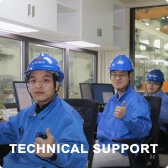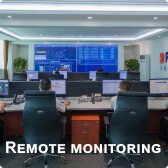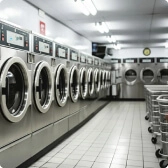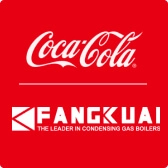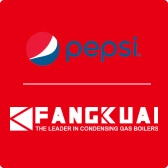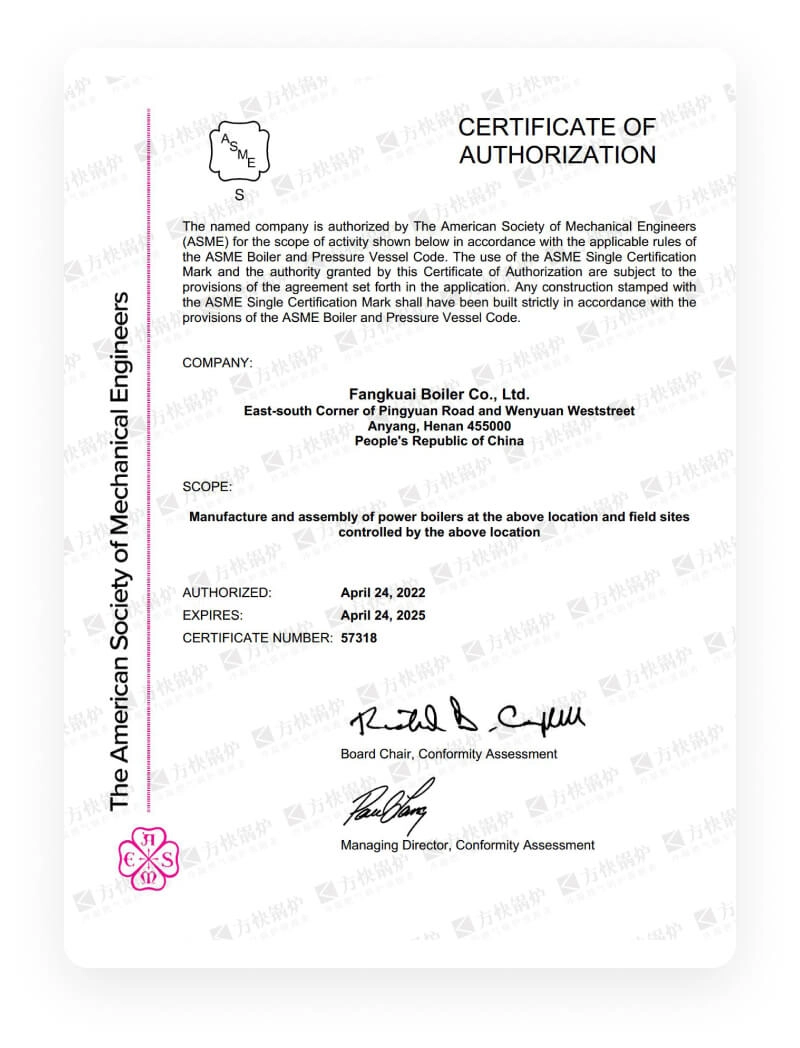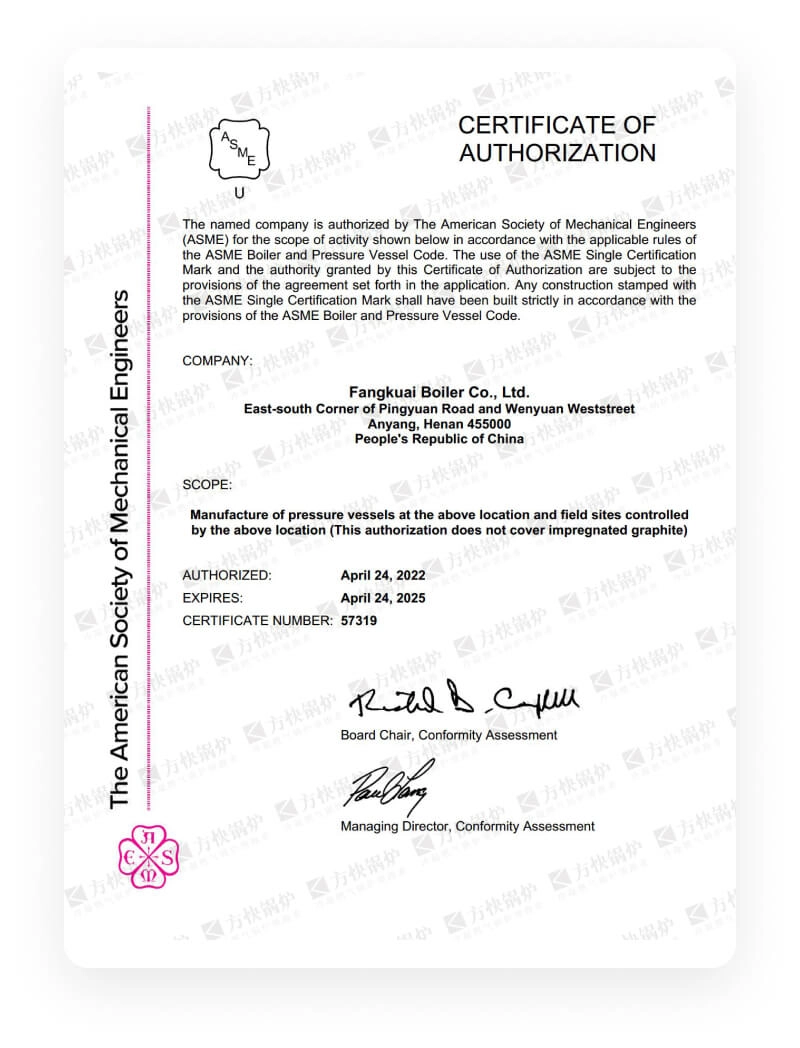How to Choose a Steam Boiler: Boiler Selection Guide
date: 2024-08-07
Page preview:
Choosing the right steam boiler for your facility is a crucial decision that impacts both efficiency and operational costs. With various boiler options available, it can be overwhelming to select the one that best fits your specific requirements. This guide provides a comprehensive overview of the factors you need to consider when choosing a steam boiler to ensure you make an informed decision.

1. Determine Your Steam Capacity Requirements
The first step in choosing a steam boiler is to assess your steam demand. The size and capacity of the boiler must align with the steam requirements of your operation.
-
Maximum Load: Estimate the highest steam load your facility will need at any given time.
-
Average Load: Consider the average steam consumption during regular operation.
-
Future Growth: Factor in potential increases in steam demand due to future expansion or higher production needs.
Tip: It’s important to select a boiler that meets your peak demand without being oversized, which can lead to inefficiencies and higher fuel costs.
2. Fuel Type and Availability
Steam boilers can run on various fuels, including natural gas, propane, oil, electricity, and biomass. The fuel you choose will affect the boiler’s operating cost, emissions, and maintenance needs.
-
Natural Gas: A common and cost-effective fuel for boilers, widely available in urban areas.
-
Oil: Often used where natural gas isn’t available, though typically more expensive.
-
Electricity: Ideal for facilities with clean energy goals, as electric boilers produce zero emissions.
-
Biomass: A renewable option that is eco-friendly but requires a reliable biomass supply chain.
Tip: Select a fuel type based on cost, availability, and your facility’s environmental goals.
3. Efficiency Ratings

Boiler efficiency plays a critical role in operational costs. Higher efficiency boilers may come with a higher upfront cost but can save you money over time due to reduced fuel consumption.
-
Thermal Efficiency: The percentage of heat energy converted into steam, with modern boilers typically achieving 80-98% efficiency.
-
Condensing Boilers: Offer the highest efficiencies (up to 98%) by recovering latent heat from exhaust gases.
-
Non-Condensing Boilers: Generally more cost-effective upfront but less efficient compared to condensing boilers.
Tip: A higher-efficiency boiler may cost more initially but will result in significant savings on fuel costs and environmental compliance over its lifetime.
4. Consider the Boiler Type
There are several types of steam boilers, each suited for different applications. The two most common types are:
-
Fire-Tube Boilers: Best for low to medium-pressure applications, such as heating and small industrial operations. Fire-tube boilers are simple, durable, and easy to maintain.
-
Water-Tube Boilers: Ideal for high-pressure applications, such as power generation or large-scale industrial processes. These boilers are capable of generating steam quickly and handling larger steam capacities.
Tip: Choose a fire-tube boiler for smaller steam demands and a water-tube boiler for large or high-pressure applications.
5. Space Constraints
The available space in your facility is another crucial factor. Boilers can vary greatly in size, and some types require more room for installation, maintenance, and operation.
-
Compact Boilers: Ideal for facilities with limited space or older buildings where retrofitting is necessary.
-
Modular Boilers: A flexible option where space is limited, as you can add units in stages to meet demand.
Tip: Evaluate your available space carefully to ensure the boiler can be installed and accessed for maintenance.
6. Emission Regulations

Emission standards are becoming stricter in many parts of the world. When choosing a steam boiler, it’s important to consider its compliance with local emissions regulations.
-
Low-NOx Boilers: Designed to reduce nitrogen oxide emissions, commonly required in urban areas or regions with strict air quality regulations.
-
Electric Boilers: Produce zero emissions, making them ideal for facilities in highly regulated areas or with green energy initiatives.
Tip: Choose a boiler that meets current and anticipated emission standards to avoid costly retrofits or fines in the future.
7. Boiler Controls and Automation
Modern boilers come with advanced control systems that enhance safety, efficiency, and ease of operation.
-
Automation: Automates processes such as startup, shutdown, blowdown, and pressure control to reduce human error and operational complexity.
-
Remote Monitoring: Many boilers now come with cloud-based systems that allow operators to monitor performance, energy use, and maintenance needs remotely.
-
Energy Management Systems: Help optimize fuel consumption and efficiency.
Tip: Invest in a boiler with a user-friendly, integrated control system to simplify operations and enhance overall efficiency.
8. Safety Features
Boiler safety is paramount, and it’s essential to select a boiler equipped with advanced safety features.
-
Pressure Relief Valves: Protect the system from overpressure conditions.
-
Low-Water Cutoffs: Automatically shut down the boiler if water levels drop too low to prevent damage.
-
Temperature Limits: Ensure the boiler doesn’t exceed safe operating temperatures.
-
Alarm Systems: Provide early warnings for operational abnormalities, such as high pressure or low water levels.
Tip: Choose a boiler with robust safety features that ensure compliance with safety standards and protect both the equipment and personnel.
9. Maintenance and Serviceability
A well-maintained boiler lasts longer and operates more efficiently. When choosing a boiler, consider the ease of access to key components for maintenance and repairs.
-
Modular Design: Some boilers are designed for easy maintenance, with removable panels and components that are easily accessible.
-
Warranty and Support: Ensure the boiler manufacturer offers a solid warranty and reliable after-sales support, including parts availability and service technicians.
Tip: Opt for a boiler that minimizes maintenance downtime and offers long-term support from the manufacturer.
10. Total Cost of Ownership
The cost of a boiler extends beyond the purchase price. When choosing a boiler, consider the total cost of ownership over its lifetime, which includes fuel consumption, maintenance, and operational costs.
-
Upfront Costs: Includes the price of the boiler and installation.
-
Operating Costs: Primarily driven by fuel type and efficiency.
-
Maintenance Costs: Vary depending on the complexity of the system and ease of access for repairs.
Tip: Calculate the long-term savings that a more efficient or automated boiler can provide. A higher initial investment may yield greater cost savings over the life of the boiler.
Fangkuai Boilers: Optimized Performance and Reliability
At Fangkuai Boiler, we specialize in providing top-tier steam boilers tailored to meet a wide variety of industrial needs. Whether you’re looking for high-efficiency, low-emission systems or boilers with advanced control and safety features, our solutions are designed to deliver reliability, efficiency, and low total cost of ownership.
- Energy-Efficient Designs: Our boilers offer industry-leading efficiency rates, helping reduce operational costs.
- Comprehensive Safety Features: Fangkuai boilers are equipped with state-of-the-art safety mechanisms, ensuring safe and secure operation.
- Modular and Scalable Systems: We offer flexible, modular designs that can be scaled to meet increasing demand as your business grows.
With Fangkuai’s commitment to innovation and quality, you can be confident that you’re selecting a boiler that meets your needs for both performance and cost-effectiveness.
Conclusion
Choosing the right steam boiler is critical for ensuring efficient and reliable operation. By carefully considering your steam capacity, fuel type, efficiency, and space requirements, you can find a boiler that meets your facility’s needs. With advanced safety features, modern control systems, and flexible designs, Fangkuai Boiler offers the perfect solution for businesses looking to optimize their steam production while minimizing costs and emissions.


